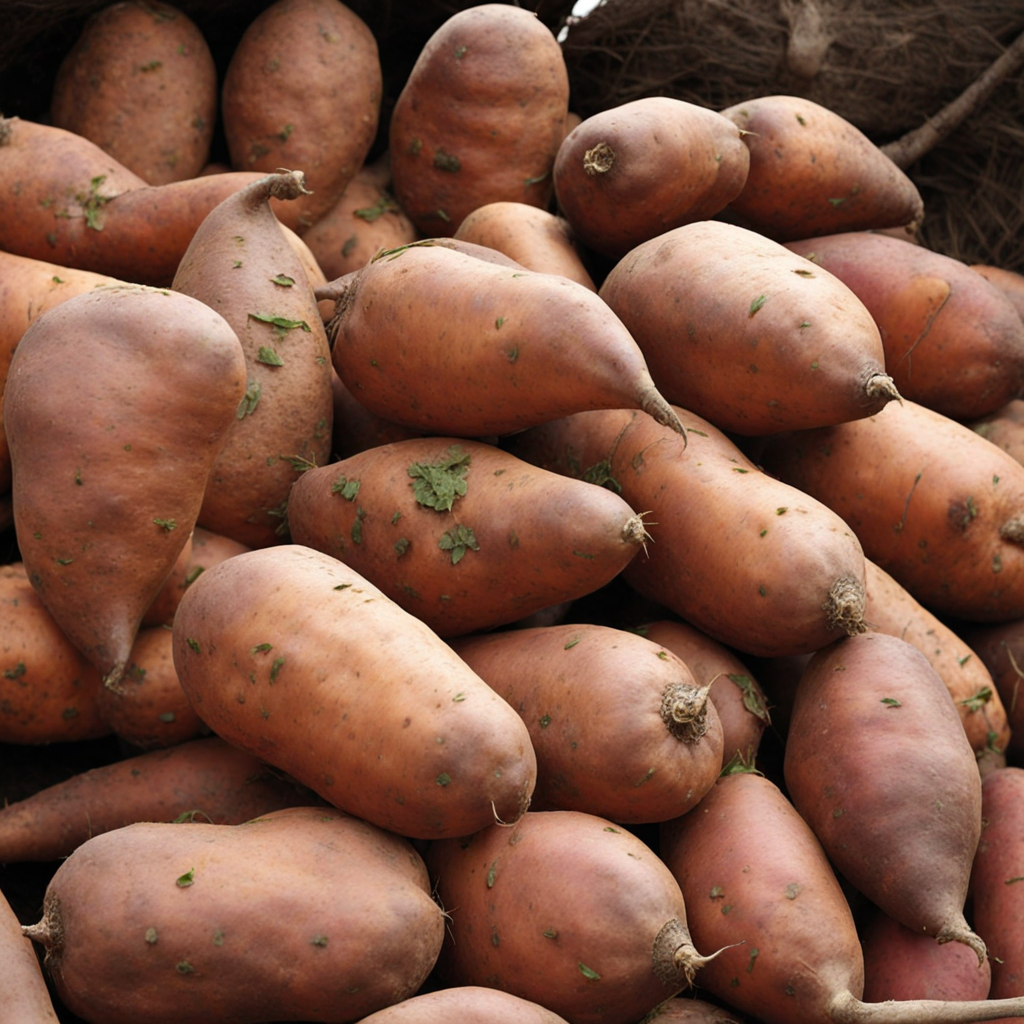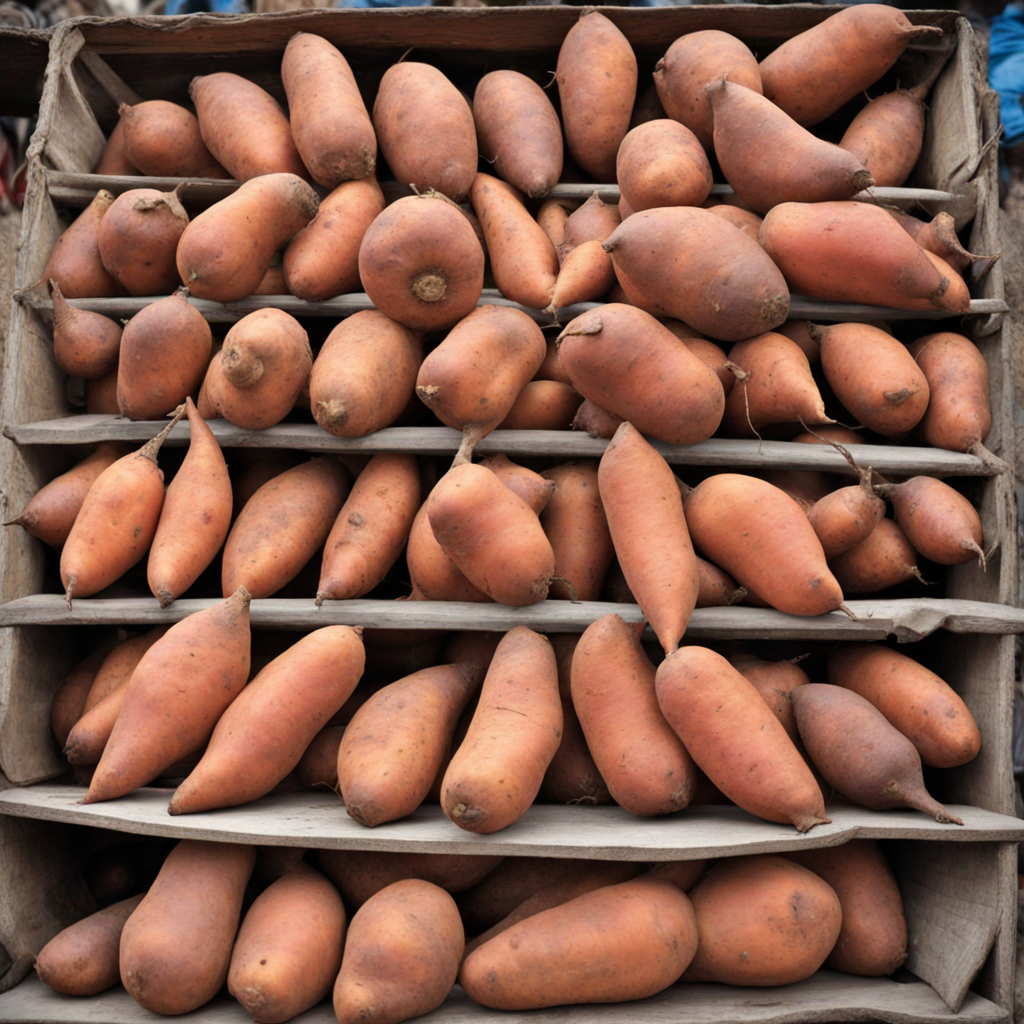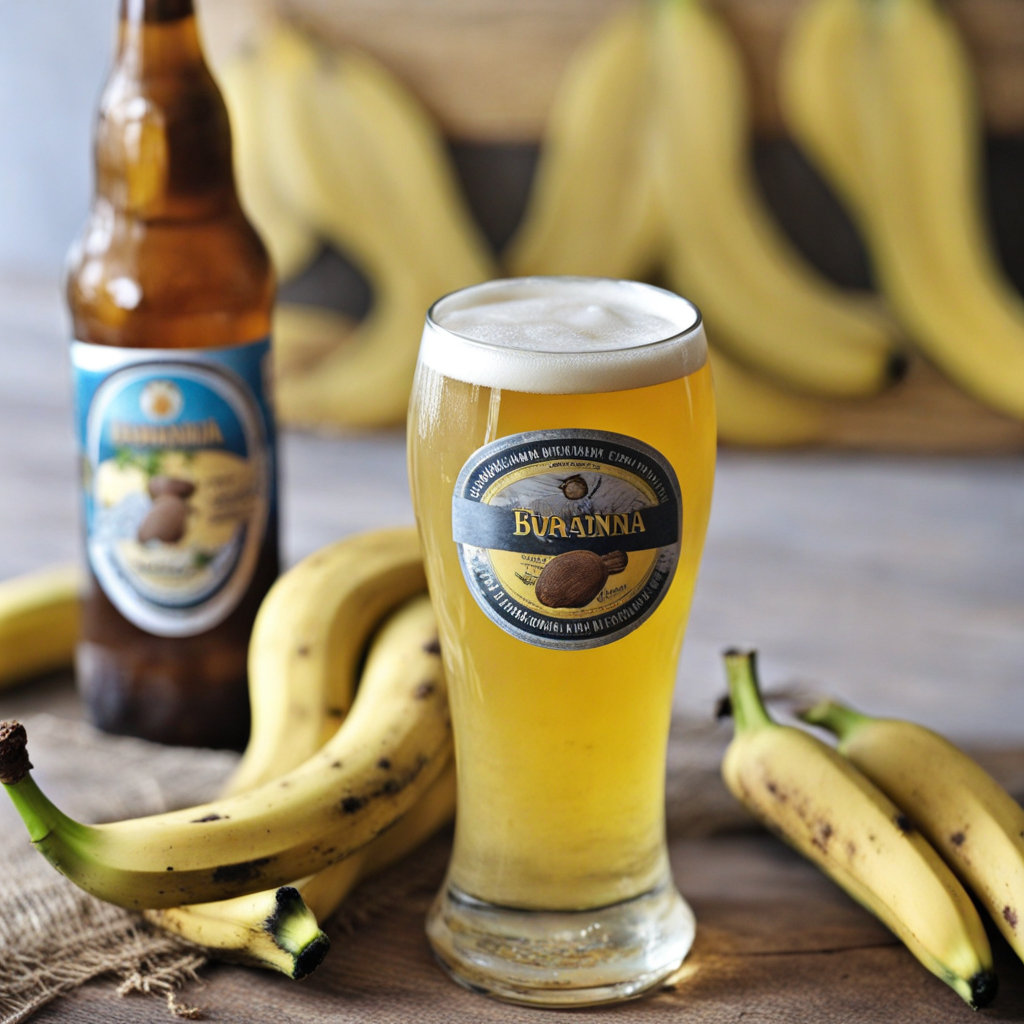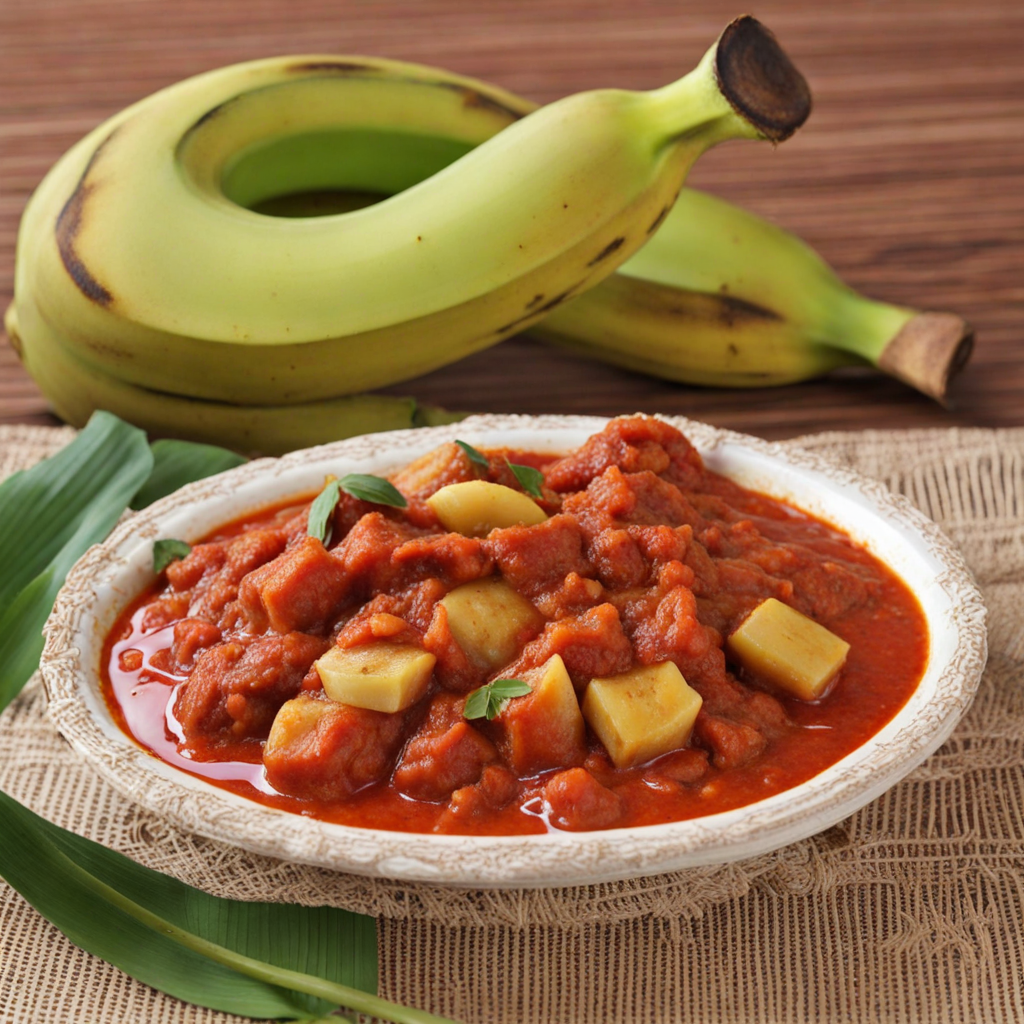Sweet Potatoes
Sweet potatoes in Burundi are a cherished staple, celebrated for their versatility and rich flavor. These vibrant tubers come in various hues, including orange, purple, and white, each offering a unique taste and texture. In Burundi, sweet potatoes are often boiled or roasted, enhancing their natural sweetness while creating a tender, creamy interior that contrasts beautifully with the slightly crispy exterior. The sweet, earthy flavor pairs wonderfully with a sprinkle of salt or a drizzle of honey, making them a delightful addition to any meal or enjoyed as a snack on their own.
The preparation of sweet potatoes in Burundian cuisine often involves traditional methods that highlight their cultural significance. They are commonly served alongside stews, grilled meats, or fresh vegetables, absorbing the flavors of the accompanying dishes. The use of local spices and ingredients further elevates their taste, making them an integral part of communal gatherings and celebrations. The comforting aroma of sweet potatoes being cooked can evoke a sense of home and heritage, inviting diners to experience a connection to Burundian culture.
How It Became This Dish
The Culinary Legacy of Ibitoke: A Taste of Burundi #### Origins and Ingredients Ibitoke, commonly known as plantains or cooking bananas, holds a significant place in Burundian cuisine and culture. The plantain, a staple in many African nations, is believed to have originated in Southeast Asia, with evidence suggesting that it was cultivated as far back as 5000 BCE. These starchy fruits made their way to Africa through trade routes and have since become a vital component of the continent's agricultural landscape. In Burundi, the cultivation of Ibitoke thrives in the fertile volcanic soils of the highlands. The climate, characterized by moderate temperatures and ample rainfall, provides an ideal environment for these plants to flourish. The Burundian variety of plantains is typically larger and starchier than the sweeter dessert bananas found in many Western countries, making them perfect for cooking. #### Cultural Significance Ibitoke is not merely a food item in Burundi; it is a symbol of sustenance, community, and identity. For many Burundians, plantains are a crucial part of daily meals, often serving as a base for various dishes. The preparation and consumption of Ibitoke are deeply embedded in social and cultural traditions. Families gather to peel, cook, and enjoy this staple food, reinforcing bonds among members and fostering a sense of togetherness. In many rural communities, Ibitoke is associated with hospitality. Offering a dish made with plantains to guests is a sign of respect and generosity. Furthermore, Ibitoke plays a role in various ceremonies and celebrations, including weddings and harvest festivals, where it is often prepared in elaborate ways to honor the occasion. #### Traditional Preparation Methods The versatility of Ibitoke allows it to be prepared in numerous ways, each method reflecting the region's culinary practices. Traditionally, Ibitoke can be boiled, steamed, or roasted, and it is often served alongside a variety of stews, meats, and vegetables. One popular dish is "Ibitoke biryani," where plantains are cooked with spices and served with meat, showcasing the blend of local and regional flavors. In addition to savory dishes, Ibitoke can also be transformed into sweet treats. In some communities, ripe plantains are fried and served with sugar or honey, providing a delightful contrast to their savory preparations. The adaptability of Ibitoke in both sweet and savory contexts speaks to its importance in Burundian culinary traditions. #### Historical Development The history of Ibitoke in Burundi is not just about its agricultural significance; it reflects the broader socio-political landscape of the region. The plantain's introduction to Burundi coincided with the migration of various ethnic groups, including the Hutu, Tutsi, and Twa, each contributing unique agricultural practices and culinary traditions. Over time, Ibitoke has become a unifying food, transcending ethnic barriers and fostering communal identity. However, the historical development of Burundi has not been without its challenges. The country has faced periods of political turmoil, civil strife, and economic hardship, particularly in the late 20th century. During these times, the cultivation and consumption of Ibitoke took on new meanings. The food became a symbol of resilience and survival. As families struggled to put food on the table, Ibitoke remained a reliable staple, providing nourishment and a sense of normalcy amidst chaos. #### Modern Times and Global Influence In the 21st century, Ibitoke continues to evolve. As globalization influences culinary practices worldwide, Burundians are experimenting with Ibitoke in new and innovative ways. Urban centers in Burundi are seeing a rise in restaurants that offer contemporary twists on traditional dishes, incorporating Ibitoke into fusion cuisine that blends local ingredients with international flavors. Moreover, the diaspora communities of Burundians abroad are bringing Ibitoke to new audiences. As they settle in different parts of the world, they share their culinary heritage with others, introducing plantains and traditional dishes to diverse palates. This exchange not only preserves the cultural significance of Ibitoke but also allows it to adapt and thrive in a global context. #### Nutritional Importance Beyond its cultural and historical significance, Ibitoke is also an important nutritional resource. Rich in carbohydrates, dietary fiber, and essential vitamins and minerals, plantains provide a substantial source of energy. They are particularly crucial in a country like Burundi, where food security remains a pressing issue. The nutritional value of Ibitoke makes it an indispensable food that supports the health and well-being of many Burundians. #### Conclusion The history of Ibitoke in Burundi is a testament to the resilience of a culture that has weathered the storms of time. From its origins in Southeast Asia to its present status as a beloved staple food, Ibitoke is more than just a culinary ingredient; it embodies the spirit of the Burundian people. As they gather around meals that feature plantains, they celebrate not only the flavors of their homeland but also the bonds of community and family that give life to their rich cultural heritage. As the world continues to change, the legacy of Ibitoke persists. It stands as a reminder of the importance of preserving culinary traditions while embracing innovation, ensuring that future generations will continue to savor the taste of Burundi, one plantain at a time.
You may like
Discover local flavors from Burundi







